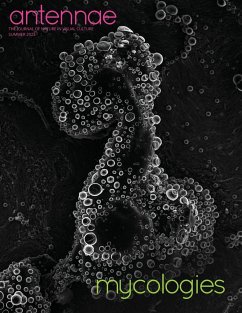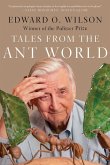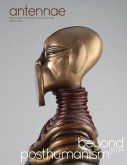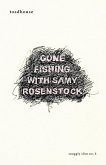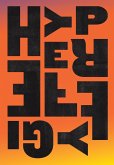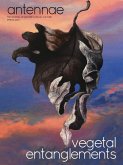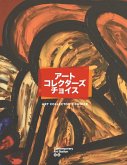Over ten years ago, Anna Tsing's essay 'Unruly Edges: Mushrooms as Companion Species' made its unofficial appearance in post-humanist academic circles. In 2011 it was first published in issue 18 of Antennae, and then proceeded to spawn the book The Mushroom at the End of the World: On the Possibility of Life in Capitalist Ruins in 2015. Tsing's work on mushrooms stood at the edge of non-anthropocentric reasoning, challenging categories and hierarchies to radically redesign conceptions of identity, companionship, and agency. To many, Tsing's proposal initially seemed extreme, but today, after the emergence of critical plant studies, interest in omnipresent fungi and their invisible ability to support and orchestrate global ecosystems is steadily on the rise. This issue of Antennae features the work of many scholars, researchers, and artists who have harnessed the world-forming power of empathy and imagination in order to make visible what has for too long been made invisible. Over time, they have devised new and much-needed thinking structures that can reconnect us with the ecosystems and ecologies we share with other earthlings.
Hinweis: Dieser Artikel kann nur an eine deutsche Lieferadresse ausgeliefert werden.
Hinweis: Dieser Artikel kann nur an eine deutsche Lieferadresse ausgeliefert werden.

